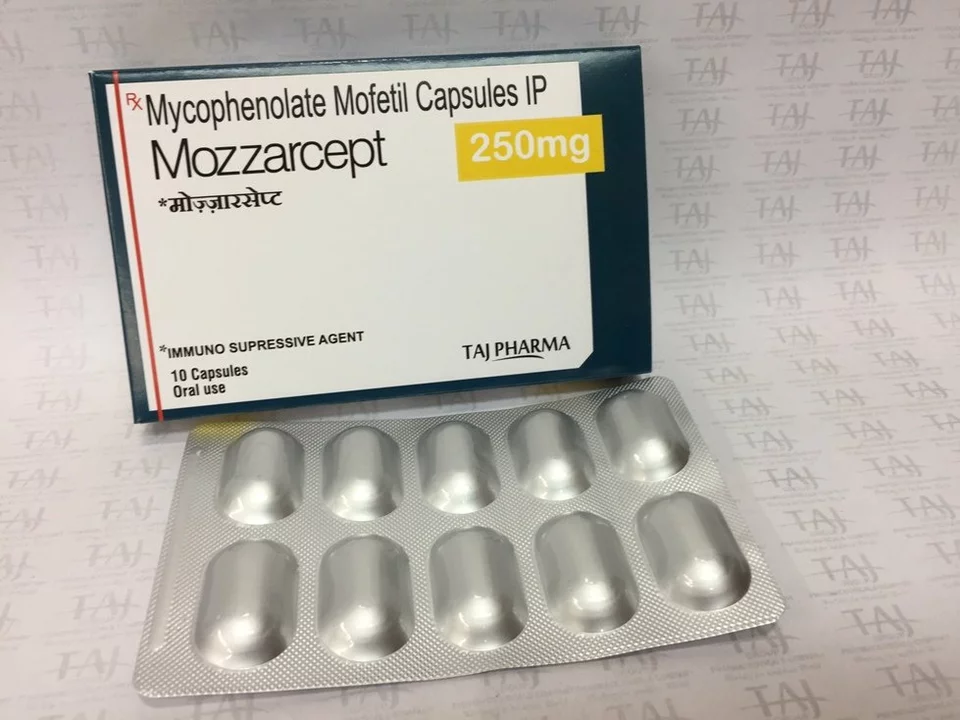Impact: How Medicines and Pharmacies Change Your Health
A pill, an inhaler, or an online pharmacy order can help you feel better—or create problems if you don’t know what to watch for. This tag collects clear, practical guides about medication effects, side effects, drug interactions, and how online pharmacies change access and risk. Read these posts to make smarter choices, avoid common mistakes, and protect your health.
How medicines affect your body
All drugs have an intended effect and possible unintended effects. For example, blood pressure pills lower pressure but can also cause dizziness or cough. Antibiotics like Amoxil fight infections but may upset your gut or interact with other meds. Knowing the likely benefits and common side effects helps you spot problems early and talk with your doctor with more confidence.
Watch for warning signs: rash, sudden breathing trouble, severe stomach pain, or new mood changes. Keep a simple log: drug name, dose, start date, and any new symptoms. That makes conversations with your clinician faster and more useful. If a symptom seems serious, get medical help right away—don’t wait.
Choose safe medicines and online pharmacies
Buying medicine online is easy, but not all sites are safe. Legitimate pharmacies demand a prescription when needed, list contact details, and have clear privacy and return policies. Scam sites often promise cheap controlled meds with no prescription, use poor grammar, or hide who runs the site. Look for reviews, check for known pharmacy verification, and compare prices—if a deal looks too good, it probably is.
Avoid mixing drugs without checking interactions. Common OTC meds—like ibuprofen or antihistamines—change how prescription drugs work. Use a single checklist or an app to track interactions, and bring a full list of meds to every appointment, including supplements and herbals. Some articles linked under this tag explain specific combos to watch for, like atenolol with certain OTCs, or losartan and skin reactions.
Timing matters. Some drugs work better at night, others in the morning. For example, statins are often taken at night for better effect; inhalers have different roles for rescue vs. maintenance. Follow the guidance in each article and talk to your provider about timing that fits your routine.
Want a quick next step? Read the reviews and how-to guides here: they explain which treatments work, which pharmacies are trustworthy, and how to manage side effects without jargon. Use the practical tips in each post and check with your healthcare team before making big changes.

The Impact of Mycophenolate Mofetil on Fertility
As a blogger, I recently delved into the topic of Mycophenolate Mofetil and its impact on fertility. Mycophenolate Mofetil, commonly used as an immunosuppressant in organ transplant patients, has been linked to decreased fertility in both men and women. In men, it can lead to reduced sperm quality and count, while in women it may cause irregular menstrual cycles and increased risk of miscarriages. It is crucial for patients taking this medication to discuss its potential side effects with their healthcare providers, especially if they are considering starting a family. Ultimately, it's essential to weigh the benefits of this medication against the potential impact on one's fertility and make informed decisions accordingly.
